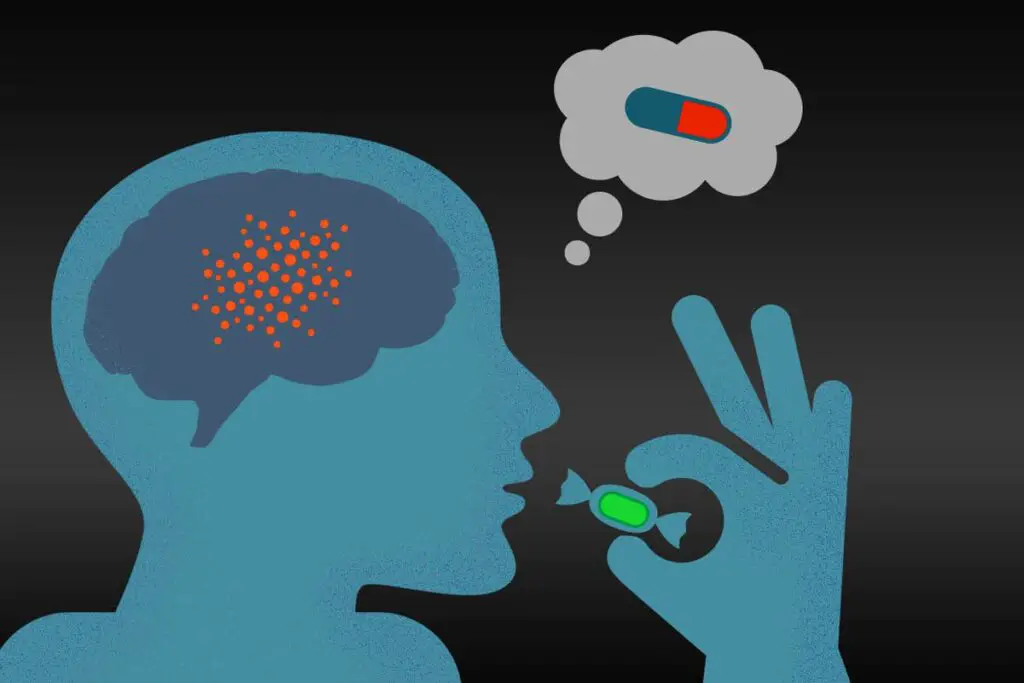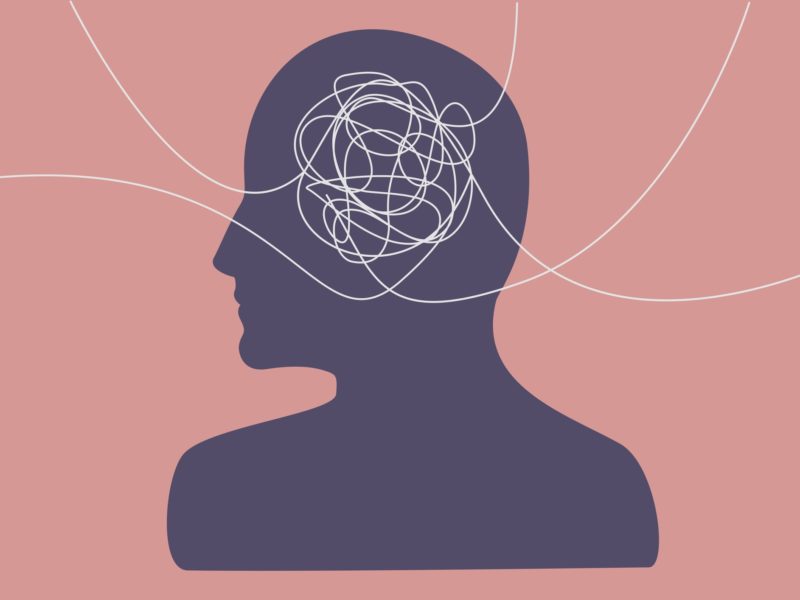Man is generally a believing animal. So, beliefs are integral to the existence of humans either as individuals or in the communities or societies to which they belong.
Beliefs are often construed to be religious because religion is essentially based on some particular set of beliefs in its entirety.
However, it is good to remember that beliefs are not limited to religion—they extend to other facets of life such as politics, culture, economy, and science.
Essentially, our beliefs—whatever their form—are mostly informed by what can be referred to as a belief system, which we have been socialized into based on the context where we live.
What is a Belief System?
A belief system is basically a set or framework of beliefs that people in a particular community or society hold about what is good and bad, what is right and wrong, and what is true and false.
A belief system can also be considered to be an ideology or principles that are embraced by certain communities, which dictate what is considered acceptable behavior in particular situations.
We can, therefore, say that a belief system provides the basis of behavior that is to be expected of people in specific societies and communities.
In the same vein, religious belief systems outline the right and wrong behavior of people who profess their obedience to a particular deity.
Common Belief System Examples
Here are some of the most common examples of belief systems in today’s societies:
1. Religious Belief Systems

Since beliefs extend beyond religion, there are various types of belief systems.
Let us first be dispensed with the religious belief system, which basically deals with quests to do with the existence of a deity or deities, and life after death.
Religious belief systems also deal with issues to do with morality and what amounts to right or wrong, or good or evil.
Interestingly, when it comes to the religious belief system, everyone believes something—whether it is the existence or non-existence of a deity.
Therefore, religious belief systems are further fragmented to include Islam, Christianity, Judaism, Taoism, Hinduism, animism, Buddhism, Agnostics, and Atheism.
The religious belief system is considered to be a closed system since it does not lend itself to further opportunity for development but rather claims a monopoly on the truth regarding rights and wrong or good and bad.
2. Scientific Belief Systems

Scientific belief systems are based on the principle that a common understanding of the world can be attained through collecting and testing evidence about a particular phenomenon.
The scientific belief system is thus focused on the physical aspects of life and whatever can be empirically substantiated.
It is rather a system that is open to criticism and further development since it encourages continuous contribution to the expansion of the body of knowledge regarding particular phenomena.
Related Post: 10 Examples of Applied Science in Everyday Life
3. Economic Belief Systems

Economic belief systems outline the principles and standards regarding the production, exchange, and distribution of goods and services for consumption.
The principles and standards also outline the methods through which ownership of business entities is established.
This implies that the type of ownership capital affects the economic belief system, making them either a capitalist system, communist system, socialist system, or mixed economic system.
4. Political Belief Systems

Political belief systems are made up of a set of ideologies, values, or attitudes that provides the cultural blueprint on how a society functions politically to attain its social order.
The system also determines how power is distributed around the roles that each individual plays in society, and to what effect this is achieved.
Besides, the systems provide the framework under which legal structures and public policy are determined.
Political belief systems vary from one context to another but the commonly known systems include democracy, autocracy, neo-liberalism, socialism, fascism, and terrorism amongst many others.
5. Cultural Belief Systems

Cultural belief systems are the norms or behavior that are prescribed by a particular community or society, which are shared and learned across the groups of people in those communities or societies.
Cultural belief systems influence various facets of the life of individuals in their society, including the constitution and formation of their cultural institutions such as marriage, initiation rites (such as circumcision), naming of individuals, culinary practices and dietary preferences, education, gender roles and stereotypes, and housing and construction.
6. Psychological Belief System

Psychological belief systems are a set of beliefs regarding the cognitive functioning of the brain, which results in the formation of particular attitudes.
Psychological belief systems have significantly contributed to the developments experienced in psychotherapy, with psychologies borrowing insights from various systems to help their clients to relieve their mental health symptoms through behavior change.
Various psychological belief systems have emerged in the quest to strengthen psychotherapeutic interventions, including clinical psychology, cognitive psychology, developmental psychology, forensic psychology, occupational psychology, neuropsychology, social psychology, and evolutionary psychology.
7. Philosophical Belief System

Psychological belief systems are a set of principles that seek to explain human experiences in terms of the nature of thought and knowledge.
Psychological belief systems also seek to provide insight into human existence and what reality is all about.
They, therefore, seek to demystify the very essence of life as experienced by humans from all corners of the universe.
There are various types of philosophical belief systems as advanced by various philosophers, including Stoicism, Existentialism, Marxism, Hedonism, Relativism, Taoism, Positivism, etc.
Parting Thoughts
As these examples demonstrate, belief systems are how we organize knowledge about our existence as humans on planet earth.
Understanding these systems is synonymous with understanding how things work in particular contexts.
Evidently, within a particular belief system, we find subsets that in some cases do not tend to agree, and from these, we deduce the diversity in life in the political, cultural, economic, and social aspects of life.
It is also evident that not all systems are good for the advancement of human existence taking into account political systems such as terrorism and authoritarianism.
Perhaps learning all these systems should prompt you to take a moment and reflect.
Are there any of these belief systems that have so far been influencing your behavior without your conscious knowledge?


